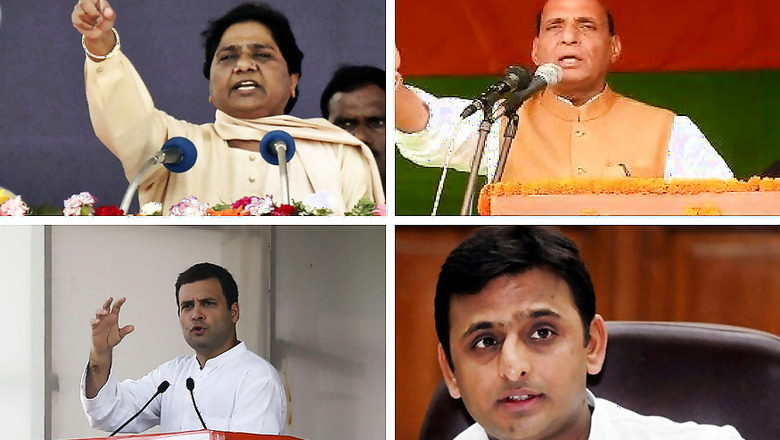
views
Lucknow: Strategies of all, including the BJP, BSP and SP-Congress alliance, will be at test, as 15 districts of west UP go to polls in Phase 1 on February 11.
With BSP fielding Muslim Candidates on 18 out of 73 seats and SP-Congress alliance giving a Muslim face in 12 constituencies, it's a bitter battle between the two for wooing the minority vote Bank.
BJP's strategies in the communally sensitive regions of the West have been further put to test by a resurgent RLD of Chaudhary Ajit singh, with the latter trying hard to regain its lost Jat Support.
With the entire election narrative boiling down to attempted consolidation on caste and communal lines on the ground, polling in the so-called Jatland and the suger belt of North India, covering some of the sensitive districts like Muzzafarnagar, Shamli, Merrut, Baghpat, Etah, Agra, Gautam Budhh Nagar and Mathura, will surely be interesting.
It will not just be the litmus test for strategy of all major political players in battleground UP, it will also have a strong potential to set a trend for subsequent phases.
While BSP is primarily banking on its much publicised Dalit-Muslim(DM) unity with the understanding that both these communities have a strong presence on most of the seats going to poll in the first Phase; SP-Congress alliance too has pitched itself strongly as the secular front against the BJP.
With Muslim candidates on 12 seats of Phase 1 and 10 candidates from Gujjar community, the alliance has put Muslim-Gujjar(MG) formula to test.
Gujjars are part of the Backward caste list. The community on its own has a limited appeal as they dominate only on some seats including Kairana, Shamli and parts of Saharanpur, but together with Muslims they can make a difference on far greater number of seats.
In 2012 Assembly polls, BSP won 23 seats while SP was victorious on 24 and Congress on 5 seats.
For the BJP, it’s a huge task at hand. Phase one, probably, holds the key for it to get back to power in UP after more than 15 years. Also, it has a challenge to defend its electoral performance of 2014 Lok Sabha polls in Uttar Pradesh: the BJP won on 71 out of the 80 seats it contested. The 2014 result is in stark contrast to the 2012 Assembly polls when it won on just 9 seats in the region. It’s being said that this election will also be judged as referendum on Modi government's decision of demonetisation.
Reflection of grass root political strategy for the BJP can be guessed from its repeated emphasis on alleged exodus of majority community from towns of west UP, especially Kairana.
Also, issues like that of illegal slaughter houses, safeguarding honour of women and daughters and charges of appeasement politics against its opponents, leave no doubt that the party wants a counter polarisation of the majority community in its favour.
With likes of Sangeet Som, Suresh Rana being the party's candidates in electoral fray and leaders like Mahant Adityanath comparing Kairana to Kashmir, the micro strategy is out in the open.
However, BJP's political calculations have been slightly complicated with a seemingly resurgent RLD. While Muslims and larger sections of Dalits remain out of reach for the party, it's RLD which can be a threat to BJP's Jat vote bank calculations.
Being the part of OBC, Jats have a strong presence on several seats in this region also known as the Jatland. In 2014, Jats had voted enmasse for BJP, but a lot has changed since then.
Political observers say that from west UP to Haryana, Jat politics is on the boil. The Jat community feels that their leadership is being increasingly ignored. Appointment of non- Jat as the Chief Minister in Haryana too didn't go in BJP's favour. Hence the community can again look towards Ajit singh of the RLD. The only Jat leader of prominence and who has the honour of being the heir to legacy of most prominent of Jat leader ever: the late Prime Minister Charan singh.
RLD has tried to forge a Jat-Muslim combination. With Muzzafarnagar riots still fresh in the memory, efforts are to rebuild this alliance. That's the reason why RLD too has fielded 5 Muslim candidates in the first phase. In 2012 RLD won 9 seats in this region. This time it has fielded candidates on 59 out of 73 seats of Phase 1.
Apart from the larger deciding battle for the political parties, Phase 1 will also decide fate of some prominent political faces.
There are around 25 VIP seats in the region. These include Noida where Pankaj Singh, son of Union Home Minister Rajnath Singh, and Atrauli in Aligarh where Sandeep Singh, grandson of former UP CM Kalyan Singh, would be vying for their maiden entry in the UP Assembly.
Similarly, Ms Mriganka Singh, daughter of BJP MP Hukum Singh, is also fighting her first election from Kairana seat on the BJP ticket.
Eyes will also be on the Sardhana seat in Meerut and Thanabhawan seat in Shamli where BJP has yet again put faith in Muzaffarnagar riot accused MLA Sangeet Singh Som and Suresh Rana respectively. While Som has been challenged by UP CM Akhilesh Yadav's confidant SP Candidate Atul Chauhan and BSP's Hafiz Yakoob, it's a Lucknow University Professor Sudhir Pawar who is the SP candidate against Suresh Rana in Thana Bhuwan. BSP again has fielded a Muslim, Abdul Waris Khan, from the seat.
Another high profile contest will be on the Mathura seat.
Incumbent Congress MLA, Pradeep Mathur, has been challenged by BJP national spokesperson Srikant Sharma. Mathur has been winning the Mathura seat for past three consecutive terms.
Eyes will also be on Rahul Yadav, son- in-law of former Bihar Chief Minister Lalu Prasad Yadav, who is contesting on SP ticket from Sikandrabad seat in Gautam Buddha Nagar district. Former BJP UP president Laxmikant Bajpai is also trying his luck from Meerut(city) seat to make a hat trick.














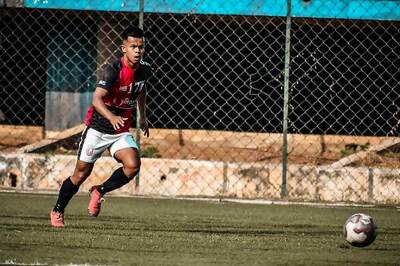

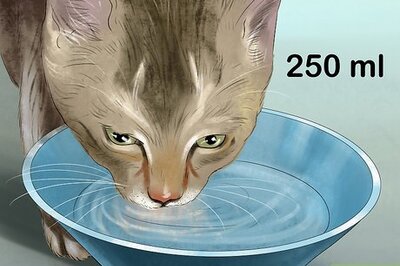
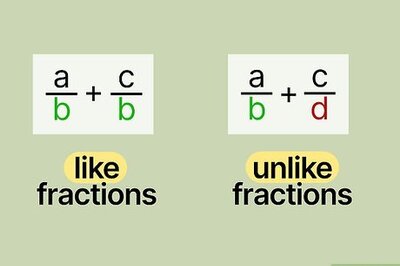
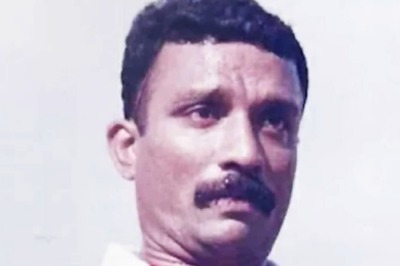
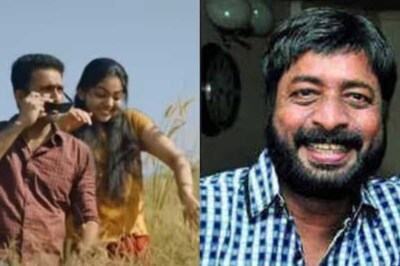
Comments
0 comment